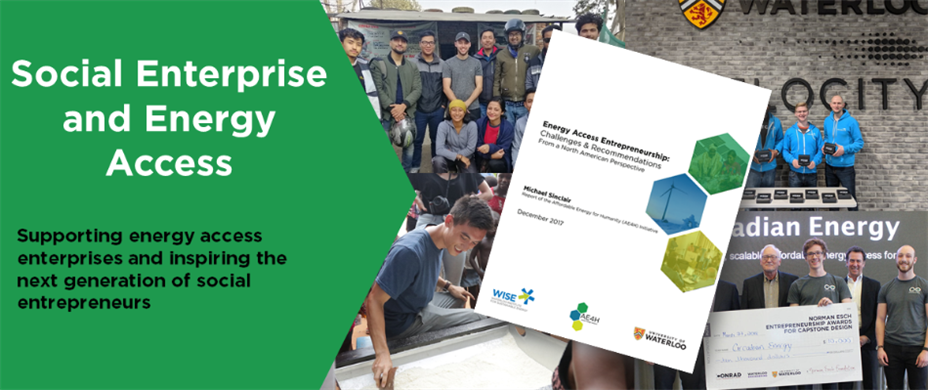
AE4H Working Papers
|
Areas for Technology Innovation |
Energy Access Entrepreneurship |
| This paper provides technology developers with an overview of existing energy access solutions. Along side this, we highlight areas for future innovation that could reduce the overall cost of solutions, with the overall goal of achieving impact at a broader geographic scale. Some background on energy access is given for context. Existing energy access solutions are described including a detailed breakdown of their component costs and overview of selected technical and non-technical challenges they face. Finally, some suggestions for areas where technology innovation might be particularly fruitful. |
This report was created by AE4H expert Michael Sinclair, a Mechatronics Engineering graduate from the University of À¶Ý®ÊÓƵ with 6 years of experience in the solar technology sector. In 2016, he spent 3 months living off-grid in rural Malawi, providing training for instructors at the Zayed Solar Academy, and developing a solar PV visual inspection procedure for use in the developing world that is now published and distributed by the International Electrotechnical Commission (IEC). After this experience he spent 4 months in the University of À¶Ý®ÊÓƵ's Velocity start-up incubator, exploring entrepreneurial opportunities in the energy access sector. |
| Ìý | Ìý |
Global Social Enterprise Partners
 |
|||
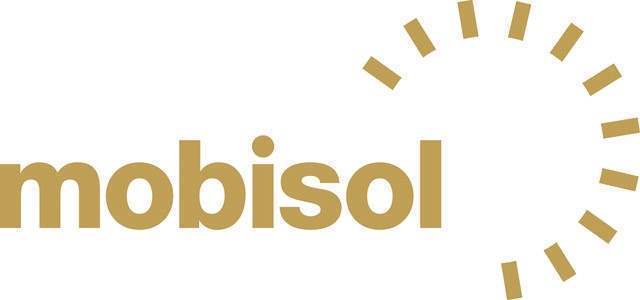 |
Ìý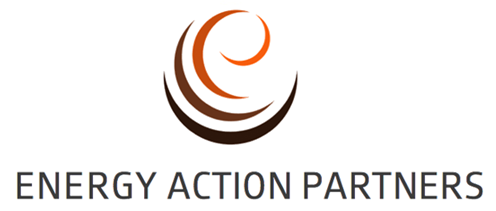 |
Ìý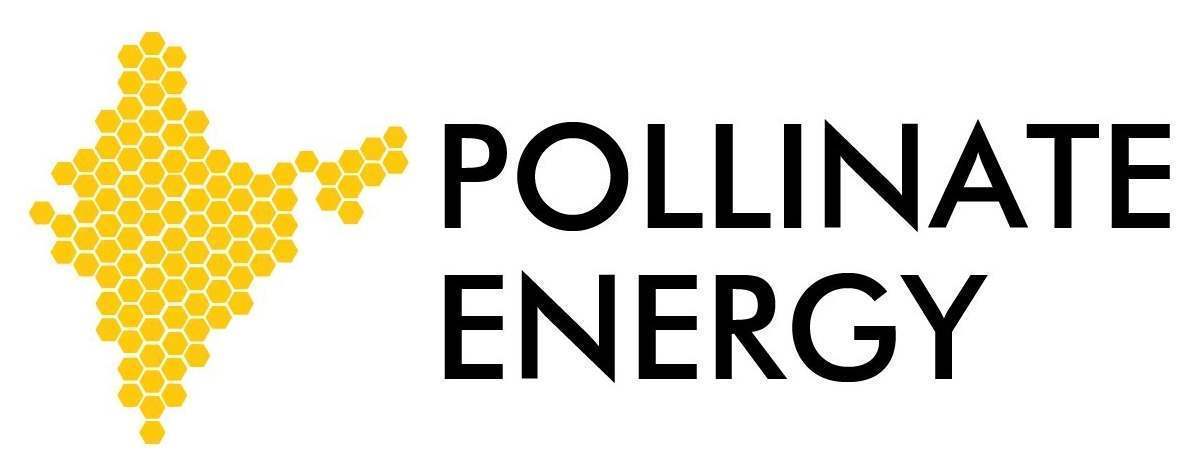 |
Ìý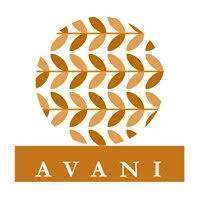 |
 |
 |
 |
|
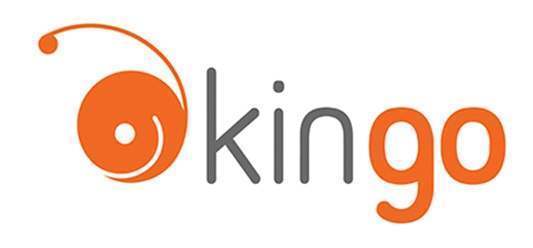 |
 |
 |
|
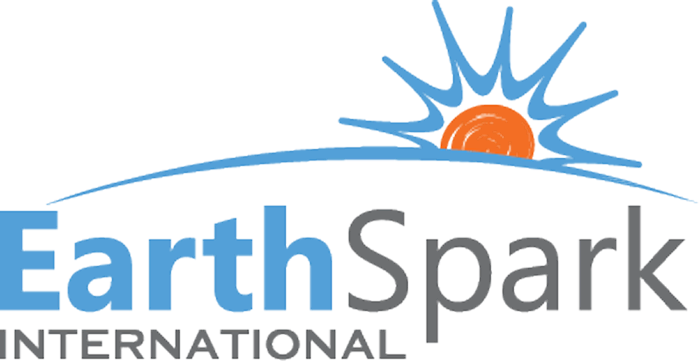 |
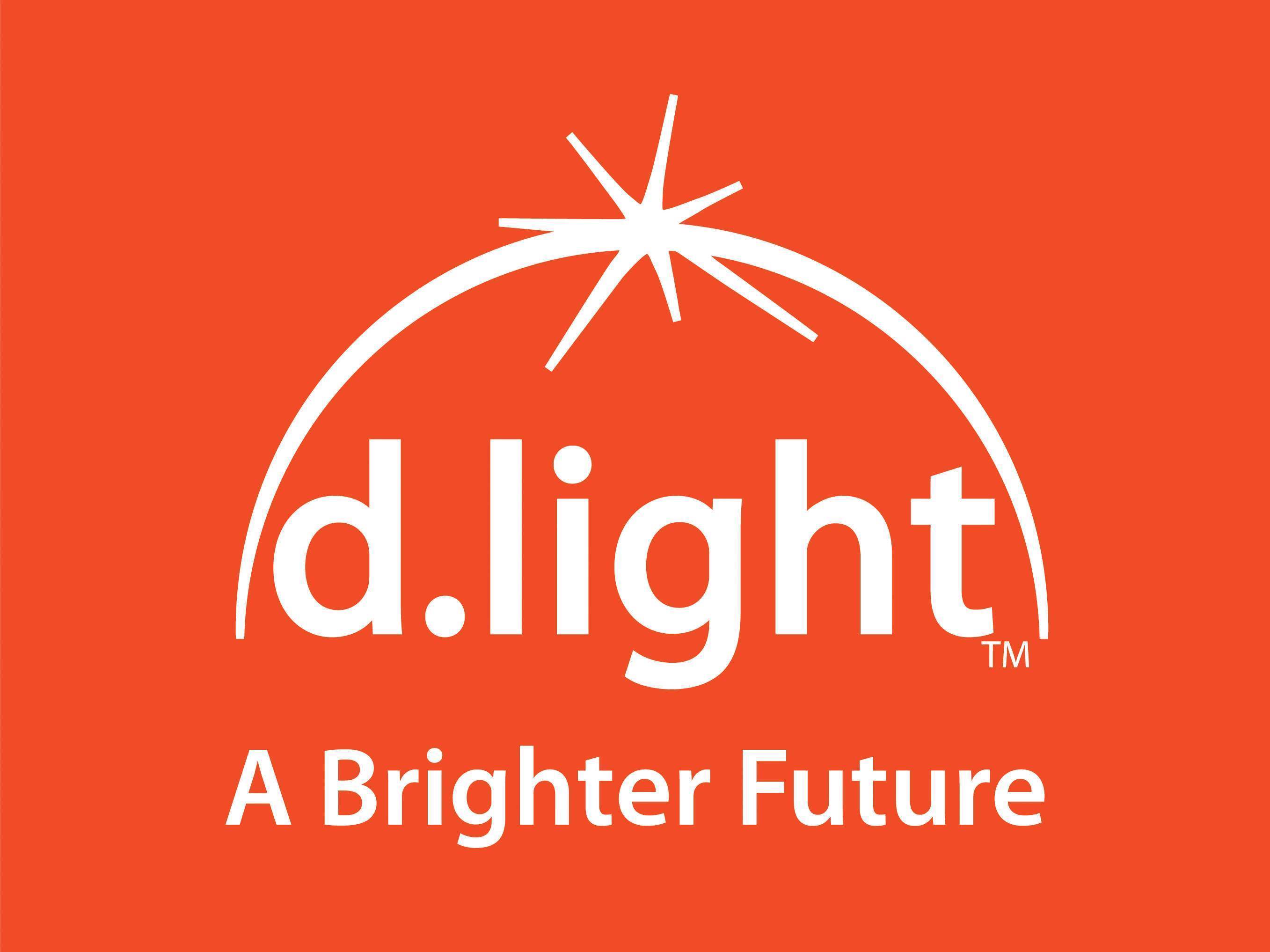 |
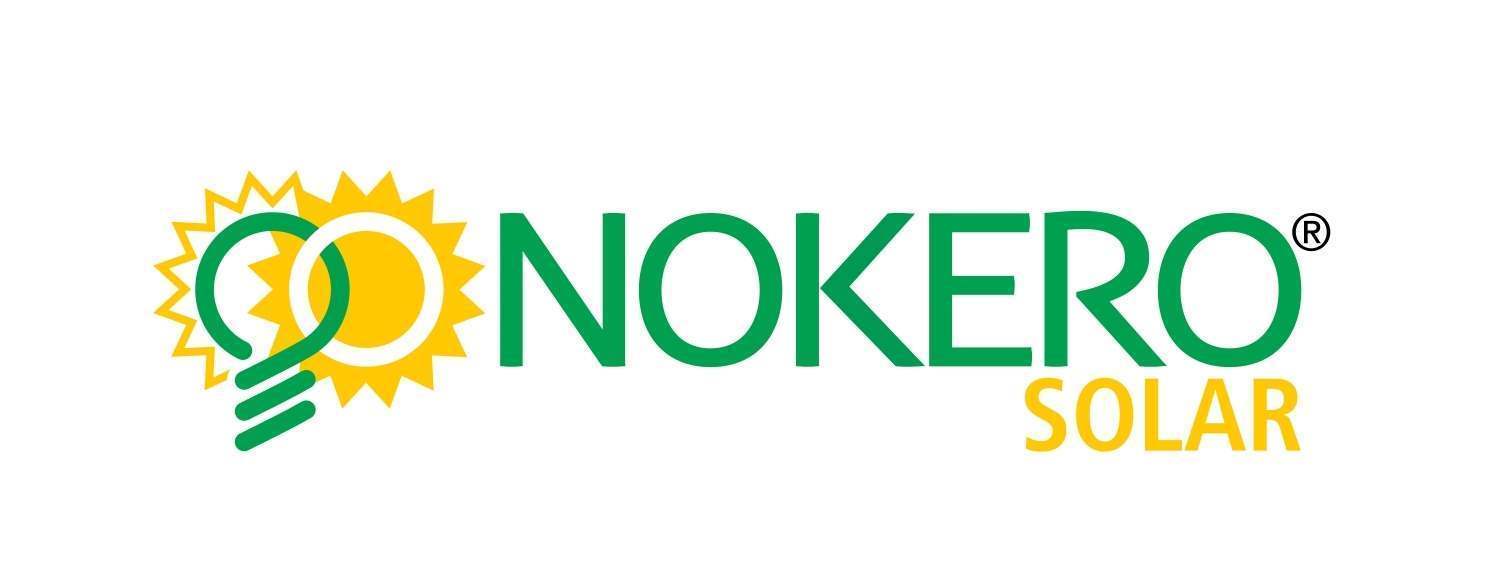 |
|
| Ìý | Ìý | Ìý | Ìý |
Supported Social Enterprise Start-ups
 |
.jpg) |
Circadian EnergyÌýprovides affordable, sustainable energy infrastructure for underserved communities by developing an energy management hub which provides simple home-to-home energy sharing and integrates with existing off-grid generation technologies. Currently, over 1 billion people worldwide do not have access to electricity, and another 2 billion still rely on alternative sources for their basic energy needs. Existing off-grid solutions such as pico-solar devices and solar home systems are unable to scale and fully replace alternative fuels, which is not only expensive but is also extremely hazardous. By enabling energy sharing between homes, an energy network is created where each household's energy generation and storage supports the collective capacity of the community, allowing the entire network to scale and expand their energy usage.Ìý
Circadian Energy is currently developing pilot programs in South Asia and Sub-Saharan Africa, to provide reliable energy access for communities without electricity.
Circadian EnergyÌýis a proud member of the University of À¶Ý®ÊÓƵ's Velocity incubator program!Ìý
Learn more at Circadian Energy:Ìý
 |
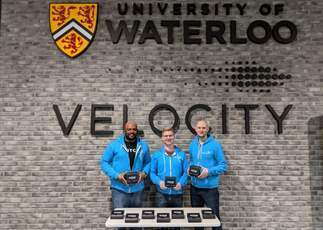 |
HITCHÌýis a Smart Wireless Mesh Router & Predictive Content Caching Software Platform that pre-downloads relevant online content once, so many users can access the same information quickly without an Internet connection. Globally, over 4 billion people don't have sustainable (available, affordable & accessible) broadband. Most of these users are un/underserved by existing coverage and service infrastructure; and live in rural and urban emerging markets. Thus, are denied the ability to benefit from real technology-driven economic growth. Flexfinity has developed HITCH – an enhanced smart wireless mesh router that enables communities automatically build, operate, and sustain self-contained Internet platforms; accelerating sustainable broadband in emerging markets.
HITCH is working closely with 10 schools for a 3-month trial period, to intelligently deliver affordable educational video content straight to classrooms.
HITCH is a proud alumnus of the University of À¶Ý®ÊÓƵ's Velocity incubator program!
Learn More about HITCH:Ìý
The Hult Prize is the world’s largest student Social Enterprise competition. Teams from all over the world compete annually for a $1 Million grand prize to put their social enterprise idea into action. In 2017, the Hult Prize theme is ‘Harnessing the Power of Energy to Transform the Lives of 10 Million People’.
AE4H has been actively mentoring a number of Hult Prize teams from the University of À¶Ý®ÊÓƵ.
| Ìý | HULT PRIZE @UW KICK-OFF EVENT Ìý The kick-off event featured a welcome from Hult Prize Campus Director Pragya Dawadi; Conrad Business, Entrepreneurship and Technology Centre Faculty Member, Roopa Reddy; À¶Ý®ÊÓƵ Institute for Sustainable Energy's Manager of Global Programs and Initiatives, Nigel Moore; and Uche Onoura, Co-Founder of HITCH. |
|
Ìýis an events and communication campaign that sparks conversations about the Region of À¶Ý®ÊÓƵ’s relationship with energy. To date over 35 local partners have participated by bringing an energy theme to their Earth Week Programming. In February 2016 AE4H and WGSI hosted a Powershift event at the University of À¶Ý®ÊÓƵ. Rethinking Design for Energy Access invited University of À¶Ý®ÊÓƵ students to take part in interactive discussions with experts about the exciting opportunities available in this emerging field. The following questions were considered: Ìý
|
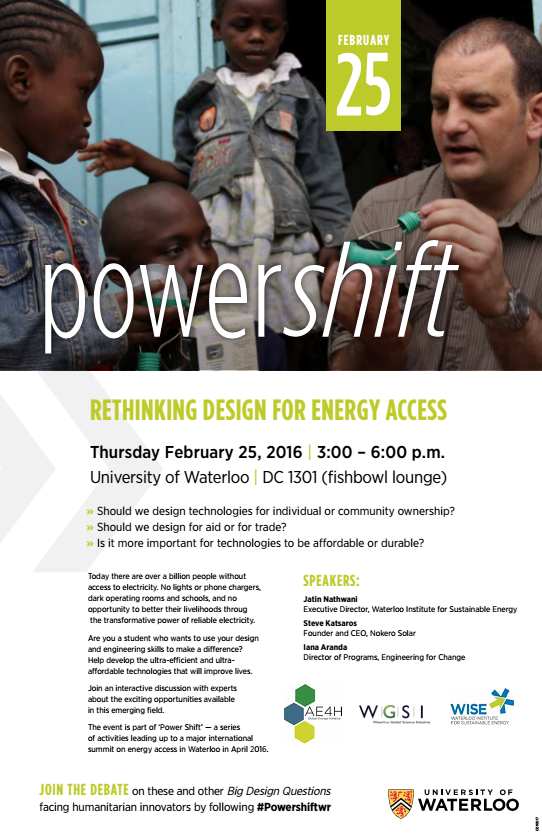 |
| Ìý |
AN INTRODUCTION TO ENERGY POVERTYÌýJatin Nathwani is the Ontario Research Chair in Sustainable Energy and Public Policy, the Executive Director for the À¶Ý®ÊÓƵ Institute for Sustainable Energy, and the Founding Co-Director of the Affordable Energy for Humanity Global Change Initiative. Ìý |
LIFE AS AN ENGINEER/ENTREPRENEUR IN THE ENERGY ACCESS SPACE
Ìý⇨ |
|
| Ìý |
RETHINKING DESIGN FOR ENERGY ACCESSÌýThis video features a presentation by Iana Aranda, Director of Programs at Engineering for Change. Ms. Aranda discussed the opportunities and challenges faced by engineers when confronting global development challenges such as energy poverty. Ìý |
| Ìý |
PLENARY REPORTS: HEAR FROM OUR PARTICIPANTS |





